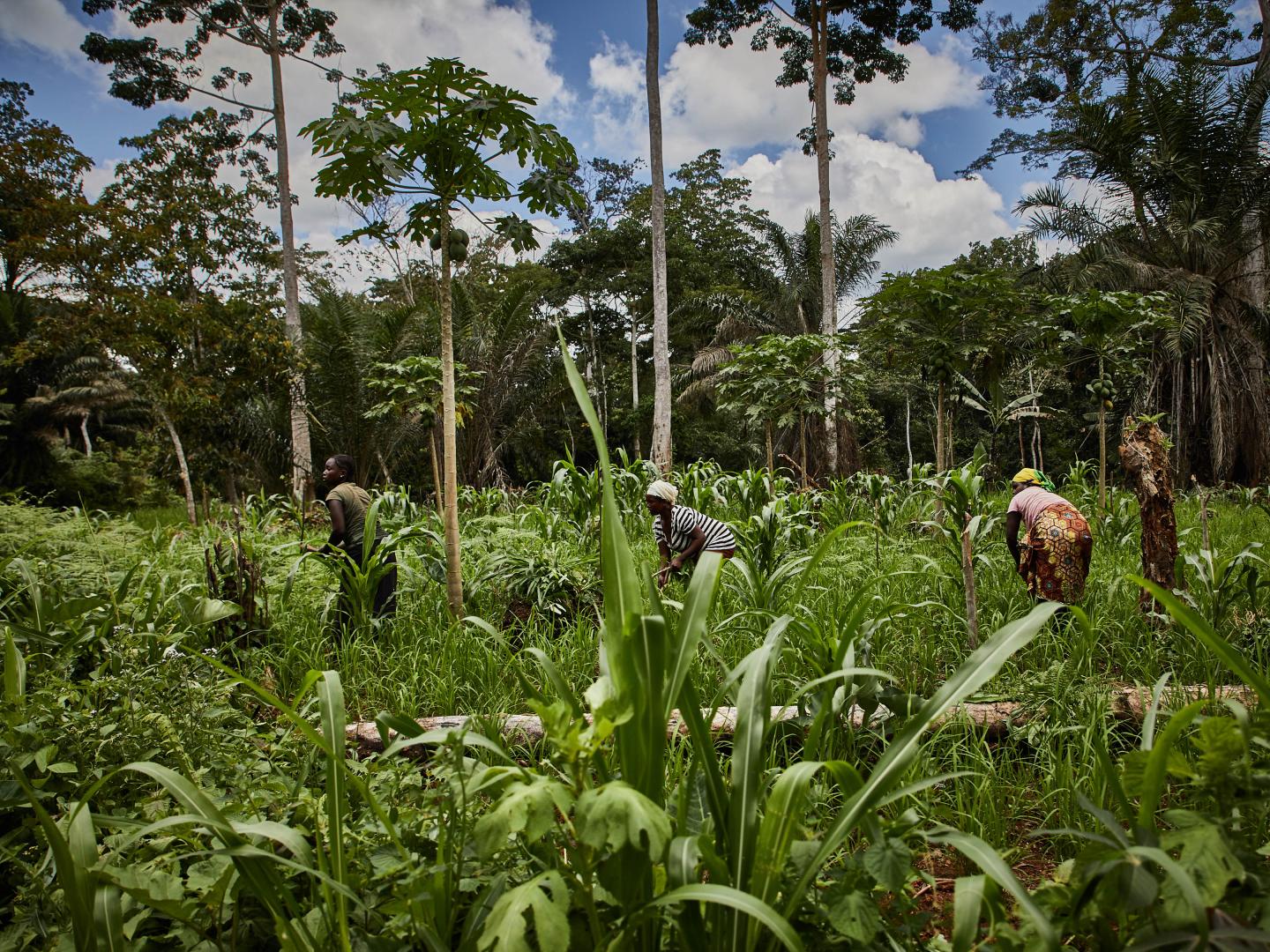Climate Insider Brief:
- The review in The Lancet Planetary Health led by Dr. Jonathan Davies highlights a significant lack of research investigating the interconnectedness of biodiversity loss, climate change, and infectious disease spread, despite their profound implications for planetary health.
- Out of over 1.8 million research articles reviewed, only 128 studies were found to examine the mechanistic links between these crises.
- The study emphasises the necessity of interdisciplinary collaboration among various scientific disciplines to develop holistic solutions.
A recent scientific review, published in The Lancet Planetary Health, sheds light on significant knowledge gaps concerning the interconnectedness of three critical threats to planetary health: biodiversity loss, climate change, and infectious disease spread. Led by Dr. Jonathan Davies from the University of British Columbia’s Biodiversity Research Centre, the study underscores the sparse attention given to understanding the mechanisms linking these crises despite their profound implications.
The review of over 1.8 million research articles spanning the past decade unveiled a striking scarcity of studies investigating the interconnections across the three crises. Out of the vast pool of literature, only 128 studies were identified as examining the mechanistic links between biodiversity loss, climate change, and infectious disease spread. This dearth of research is concerning given the urgent need for comprehensive understanding and effective mitigation strategies.
Dr. Davies expressed surprise at the paucity of studies in this area, highlighting widespread misperceptions within the research community regarding the extent of existing research. Despite the UN assessments warning of the dire consequences, including the risk of one million species facing extinction, the global pandemic resulting in over six million excess deaths, and record-breaking temperatures, the scientific exploration of the interconnections remains disproportionately limited.

One poignant example cited in the study is the case of human malaria, illustrating how overlapping pressures from climate change, biodiversity loss, and development can exacerbate infectious disease spread. The intricate relationships between these factors demand interdisciplinary collaboration and concerted research efforts to develop holistic solutions.
While approximately 40,000 studies considered two of the areas in conjunction, and 505 combined research on all three areas, the focus remains fragmented. Moreover, the existing studies predominantly concentrate on specific facets such as infectious disease in amphibians, forest health, and Lyme disease, overlooking broader interconnections and potential cascading effects.
Dr. Alaina Pfenning-Butterworth, a co-author of the study, emphasises the importance of seeking solutions with cross-benefits to address these multifaceted challenges. Highlighting the unintended consequences of isolated actions, such as large-scale tree planting initiatives leading to monoculture forests and loss of native diversity, underscores the necessity for nuanced approaches.
The paper advocates for enhanced collaboration among diverse scientific disciplines, including veterinary schools, medical schools, ecologists, conservation biologists, and computer scientists. By fostering interdisciplinary cooperation, researchers can better understand the complex feedback loops and devise effective strategies for mitigating the interconnected threats to planetary health.
Despite the urgency of the situation, Dr. Davies remains cautiously optimistic, pointing to a valuable window of opportunity to shape a more sustainable and biodiverse future. However, he warns against complacency, stressing that the current trajectory is unsustainable and risks reaching a planetary tipping point with irreversible consequences.
In conclusion, the study underscores the critical need for expanded research efforts and interdisciplinary collaboration to address the interconnected challenges facing planetary health. By bridging knowledge gaps and developing holistic solutions, scientists and policymakers can navigate towards a more resilient and sustainable future for all.
To stay informed about the climate industry explore our latest climate news.
Featured Image: Credit: WHO








